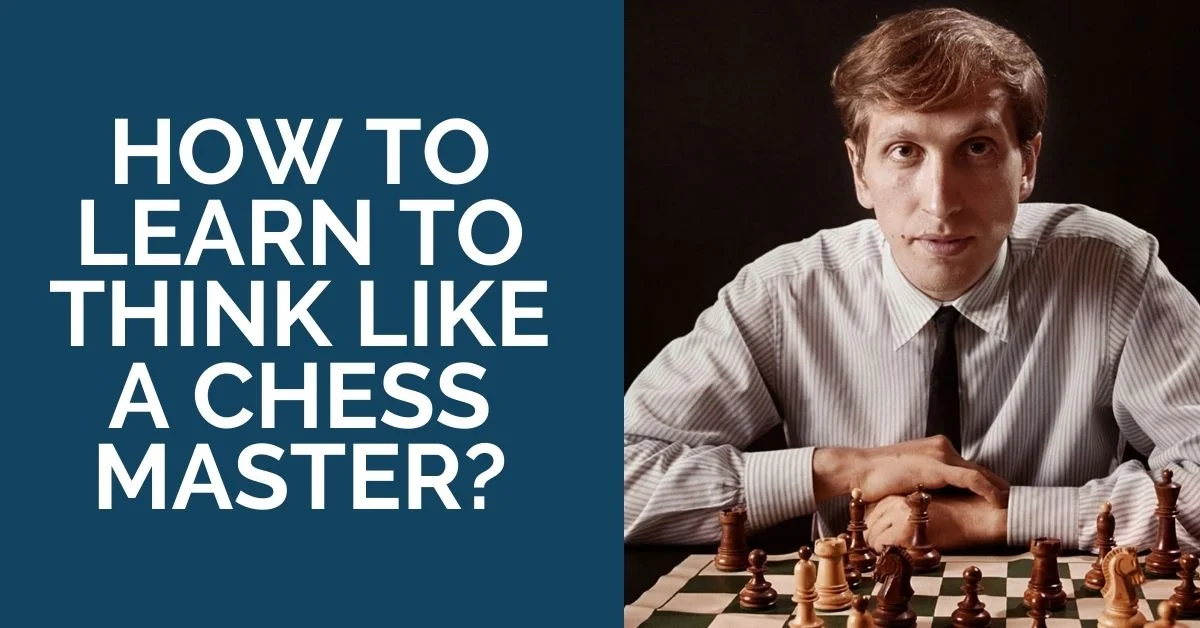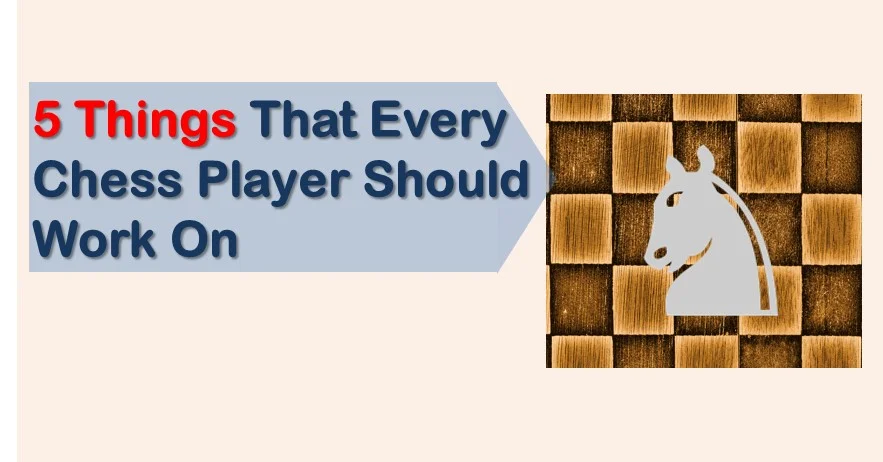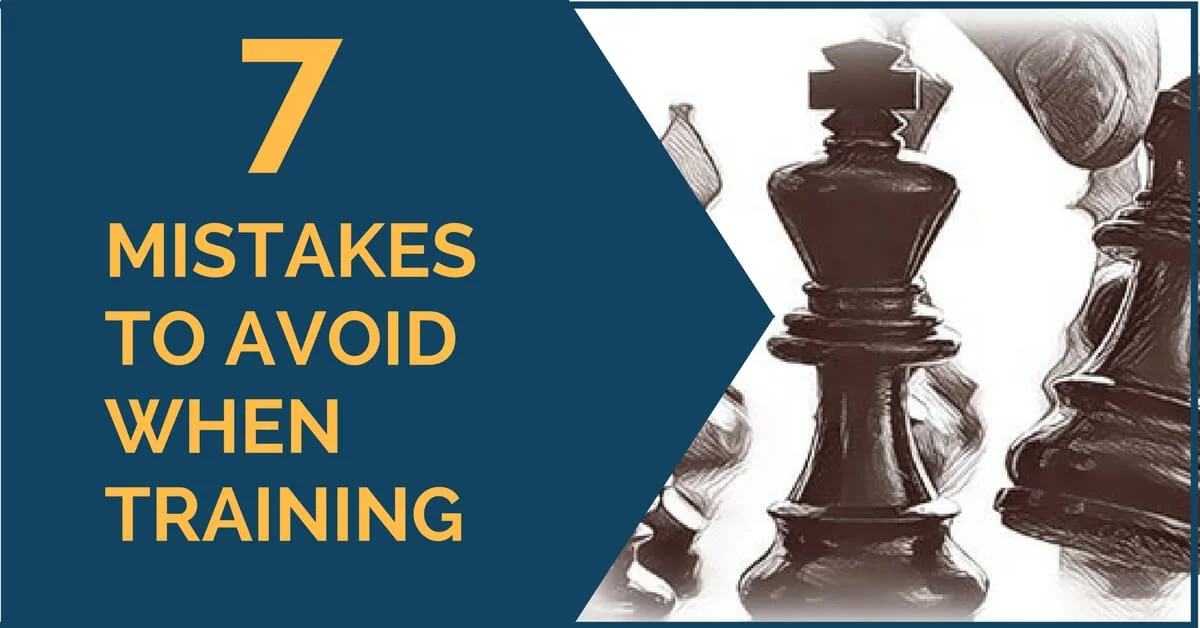Chess Master: How to Learn to Think Like One?

Chess Master title might be thought of as something unachievable by many people. It is understandable: they constantly see high-rated players making brilliant decisions, knowing all the possible openings, and seeing tactics in no time. This creates the wrong impression that these masters were too talented initially, making them get to such a level. Of course, talent would make things easier, but it is still nothing without hard work. To become a chess master, you should invest much time for sure. But what if that is not the only requirement? Are there any more secrets?
In this article, we will touch upon a few features chess masters use in their thought process and see how you can learn to think the same way.
1. Chess Master: Seeing More Options
Chess masters tend to see more possibilities in a position. This helps to spot not only more winning tactical ideas but also make fewer blunders. On the other hand, club-level players often miss promising possibilities and also experience tunnel vision issues.
It is when they calculate the line and don’t check the alternatives along the way. A master sees a wide range of variations and chooses from them. A club player often tries to imitate the master’s play, but instead of expanding the range of variations, tries to calculate deeper. It often leads to mistakes, blunders, and even time troubles.
How do you fix this? Try using the candidate moves technique. It is basically making a list of the moves to consider before starting calculating. This way you will be aware of different options in the position and not make the first move that comes to your mind.
The other important aspect is developing your pattern recognition. Chess masters have solved tons of different puzzles and tactical exercises throughout their careers. It also helps them to see more possibilities and is essential for everyone to develop.
2. Evaluating the Position
The game of chess is complex. There are too many factors to consider. Even the computers still can’t play perfectly. This is proved at least by the fact they still get some improvements in new releases. Moreover, different engines often evaluate the same positions differently and suggest different moves.
The same with humans: people with different styles would value different factors in the position more and therefore give different assessments overall.
Interestingly enough, most of the players don’t even try evaluating the position. They choose what to play according to some random thoughts that come to their mind. They don’t think in a structured way. As you could guess, this is not about chess masters.
These players are usually more disciplined and tend to evaluate positions before deciding what to do next.
They take into account such factors as king safety, material balance, space advantage, center control, piece activity, pawn weaknesses, and many-many others. This shows them the direction the game should go and helps come up with the right plan.
How do you train this? Evaluating positions is a skill. Chess masters can evaluate most of the positions within just a few seconds. To get to that level, you should practice a lot.
Whenever you read chess books or watch videos with game analysis and see a stronger player’s opinion on a position, try to think why they came up with that and what factors prevail. This will tune your evaluation radar, and you will learn to spot positional factors quicker.
3. Chess Master: Prophylaxis
This is another key feature of strong players. They never forget about the opponent’s ideas and always consider them before making their own moves.
Prophylactic thinking can be trained in different ways, but the simplest thing you can do is to constantly ask yourself: ‘What would my opponent play if it was their turn?’ This will help you avoid blunders and make your opponent’s plans much harder to realize.
Conclusion
Many other things make a difference between a chess master and a lower-rated player as well, but I believe these three things are already enough to make you closer to reaching mastery at chess.
Build habits of using the candidate moves technique, evaluating the positions, and paying attention to your opponent’s ideas, and you will definitely improve your play.
Want to Learn to Think Like a Chess Master?
WGM Julia Ryjanova presents… a massive 11.5+ hour video training that covers everything from Tree of Analysis to Order of Moves to Non-typical trading, almost every possible aspect of chess that separates a top-level GM from an 1800-rated player.
https://thechessworld.com/store/product/think-like-a-master-with-wgm-julia-ryjanova/





![5 Reasons You Struggle in Chess Tournaments [and how to fix it]](https://thechessworld.com/wp-content/uploads/2019/04/7-5-reasons-you-struggle-in-chess-tournaments.webp)




Comments: